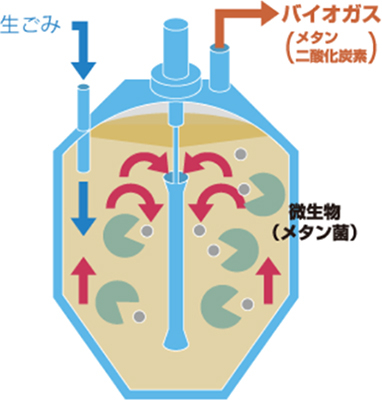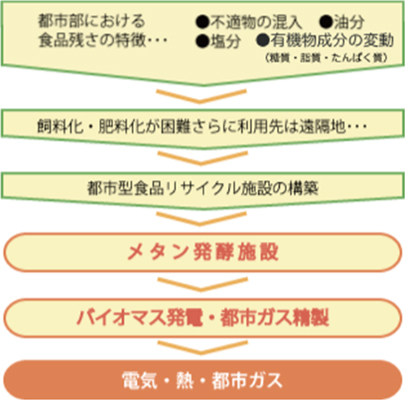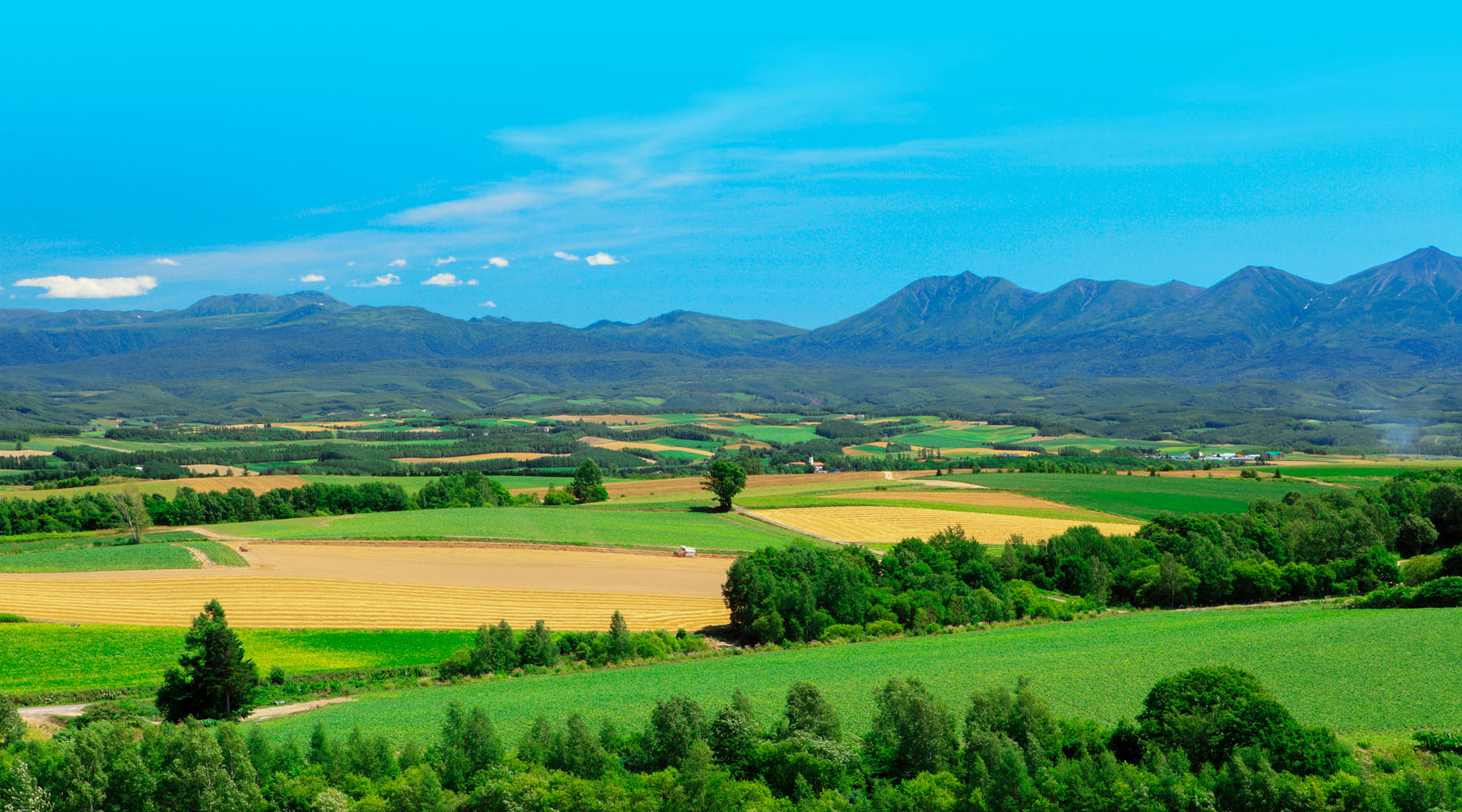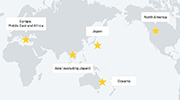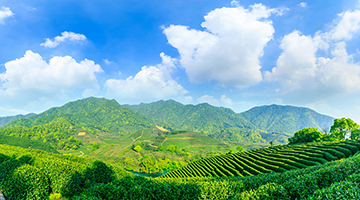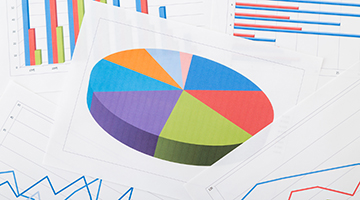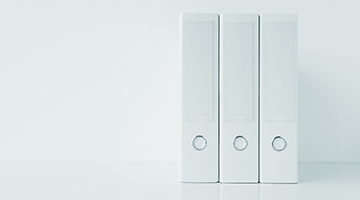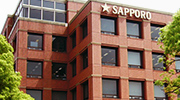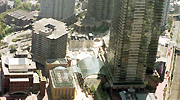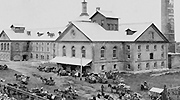Reduce Waste and Food Loss
Initiatives to Reduce Waste
Sapporo Breweries/POKKA SAPPORO Food & Beverage
Sapporo Breweries and POKKA SAPPORO Food & Beverage actively work to recycle and reduce byproducts and waste created by product manufacturing. In addition to the introduction of an anaerobic wastewater treatment system, the beer factories utilize heat energy by using biogas generated in the wastewater purification process as boiler fuel.
Byproducts and waste created through the beer manufacturing process and its recycle
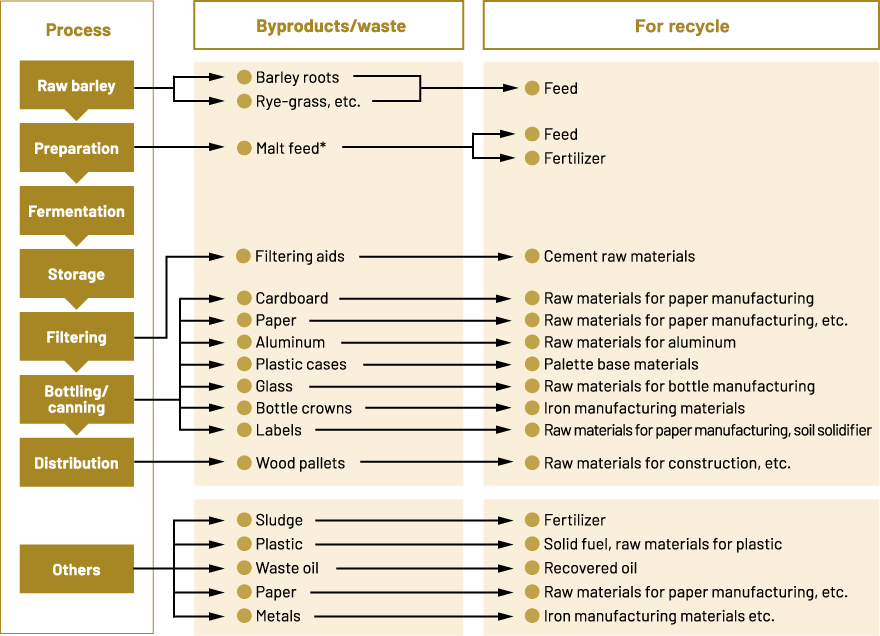
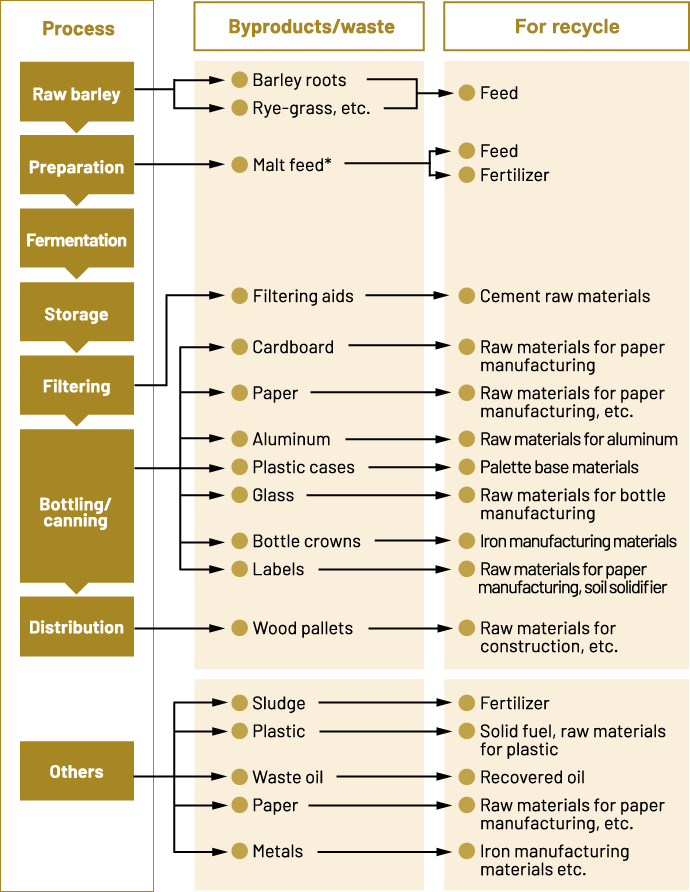
Sapporo Breweries
Initiatives applying the life cycle assessment
Sapporo Breweries implements 3R activities for beer servers.
POKKA SAPPORO Food & Beverage
Initiatives to reduce food loss
Long-term quality retention and extended best-before period
As a result of quality verification of some products, it has become possible to maintain product quality for a longer period of time and to extend best-before periods.
This will further reduce food loss. POKKA SAPPORO Food & Beverage will continue its efforts to reduce the opportunities for product waste.
In 2023, the best-before period of "Green Pack Water" (paper container) was extended from 12 months to 25 months, and the best-before period of box-type soup products was extended from 13 months to 19 months.

Product offering based on inventory status and supply-demand balance
Donations to food bank groups and children's cafeterias, etc.
Sapporo Lion
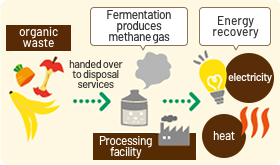
As a company that handles food, Sapporo Lion makes efforts to reduce cooking residue such as kitchen refuse. In some restaurants, kitchen refuse is consigned to external contractors to be recycled into electricity or heat. Furthermore, the Ginza Lion KITTE Hakata branch has been certified with the recycling business plan authorization system (Food Recycle Loop).
SAPPORO REAL ESTATE
Food waste recycling
Instead of incinerating the food waste generated by the food and beverage tenants of Yebisu Garden Place, we outsource the recycling of this waste to a company that has introduced a technology that uses microorganisms (methane bacteria) to break down the food waste and generate and collect biogas, mainly methane gas.
The recovered biogas can be used to generate electricity and heat using a gas engine, and can also be used to produce city gas using a city gas refining facility.
Since electricity, heat, and city gas are generated through recycling, the demand in urban areas is stable, and we are able to create sustainable energy and reduce greenhouse gas emissions without worrying about demand in the future.
We will continue to promote the 3Rs and strive to create an environmentally friendly city.
